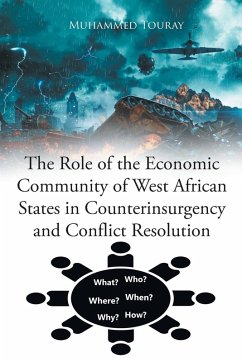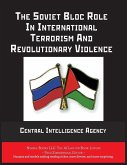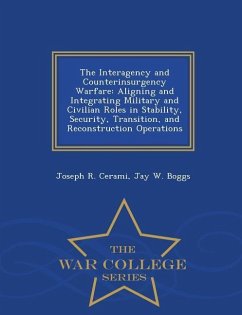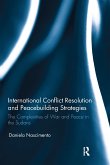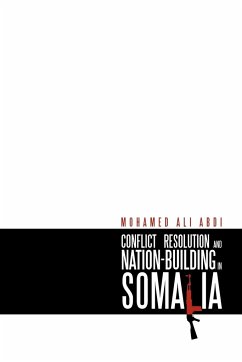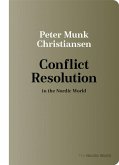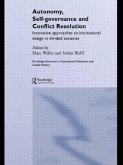From 1991 to 2002, the Sierra Leone government and the Revolutionary United Front waged war against each other, subjecting Sierra Leone to a civil war. This war devastated the nation and resulted in many human casualties. Although many researchers have investigated the role of the Economic Community of West African States (ECOWAS) in counterinsurgency and conflict resolutions, few studies have been conducted on the specific role of strategic processing tools used by ECOWAS during the Sierra Leone war to sustain a durable peace resolution in the country. Using Galula's conceptualization of counterinsurgency and conflict resolution work of 1964 as a guide, for the purpose of this qualitative study, likewise, I used an explanatory case study to determine the elements that made the strategic processing tools effective during the civil war. Data was collected through interviews with some Sierra Leoneans that experienced the conflict, academic sources, publicly available documents, and authentic mass media reports related to the Sierra Leone civil war. Nonetheless, the phenomenon or pretext of conflict is intricate. Therefore, it is both paradoxical and essential to examine conflicts through the lens of misconceptions and false beliefs that can result in dispute, propaganda, violence, insurgency, or war. Consequently, all parties involved in the conflict must engage in counterinsurgency and conflict resolution initiatives to establish common understanding and reach agreeable solutions for sustainable peace, both locally and globally. Read for more...
Bitte wählen Sie Ihr Anliegen aus.
Rechnungen
Retourenschein anfordern
Bestellstatus
Storno

